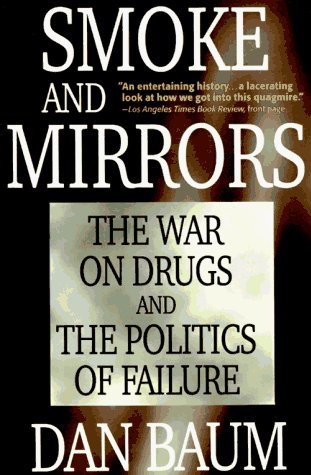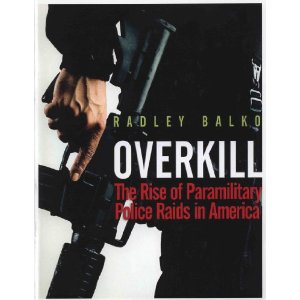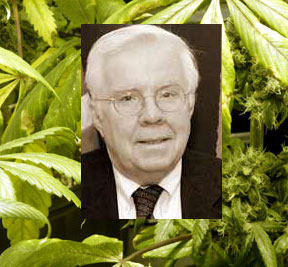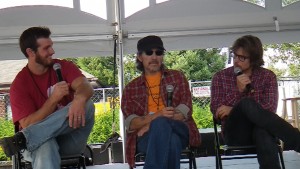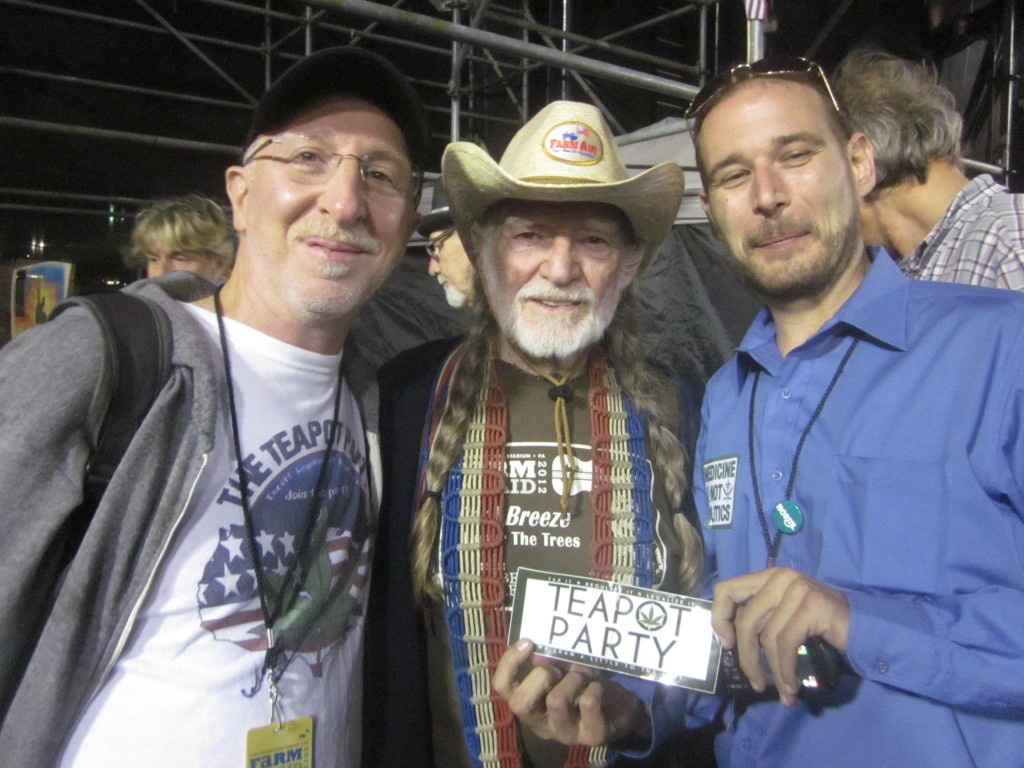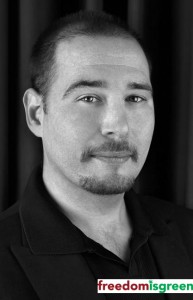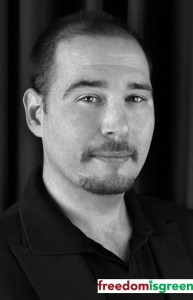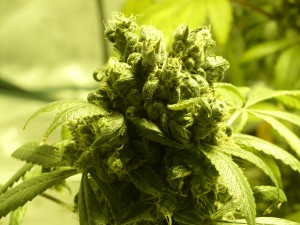In this candid essay, one mother discusses her use of marijuana as a coping tool for stress.
As a new mother, I have learned quite a few lessons over the past nine months. I went from being an outspoken, lively young newlywed taking on the world to a frazzled, controlling and overwhelmed mother, almost overnight. I read the “What to Expect” books. I talked with friends and family. But nothing can truly prepare you for parenthood.
As a new parent, your only barometer of right and wrong is a screaming infant. How do I know if I am doing the right thing? How do I know if I’m hurting her, if she is hungry, tired, dirty? My role as “mom” continuously evolves, and with each passing day I grow more confident and more in love with my baby.
Perhaps the most important lesson I have learned is to let go. The stress of parenting can be all-consuming. Trying to seek out patterns, trying to establish routines, to answer the never-ending list of questions, desperate to eke out order — these things are futile. My goal every day is to enjoy each moment and to appreciate every hour with my child. But how?
Over the years, marijuana has proven a useful tool for me. In the past, weed has served to calm me down — to unwind me so that I am able to enjoy my life. I have always been attracted to high-stress jobs and have performed very well in that capacity; little did I know that parenting would be the highest-stress, most-demanding job yet. In the moments when I am ready to lose my mind — when the baby has been crying nonstop, for example — I take a little puff and my patience and calm is restored. My new state of mind enables me to not only tap into my unfound stores of patience but also lets me to relate to my baby as a baby and not a screaming, pooping monster.


